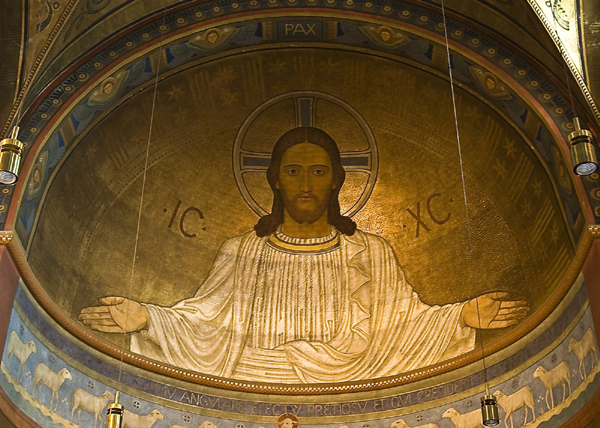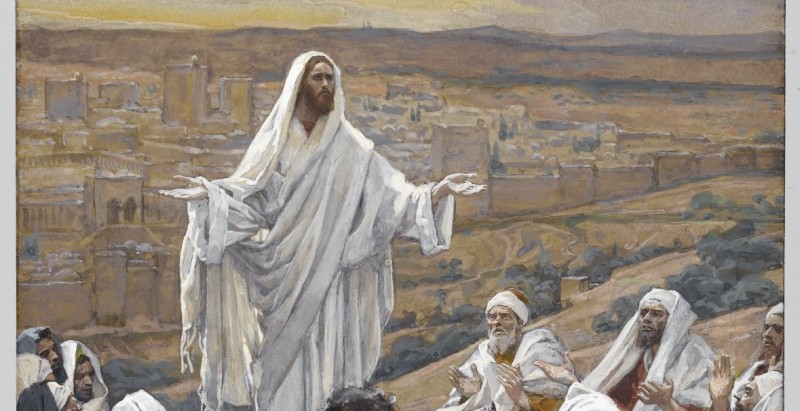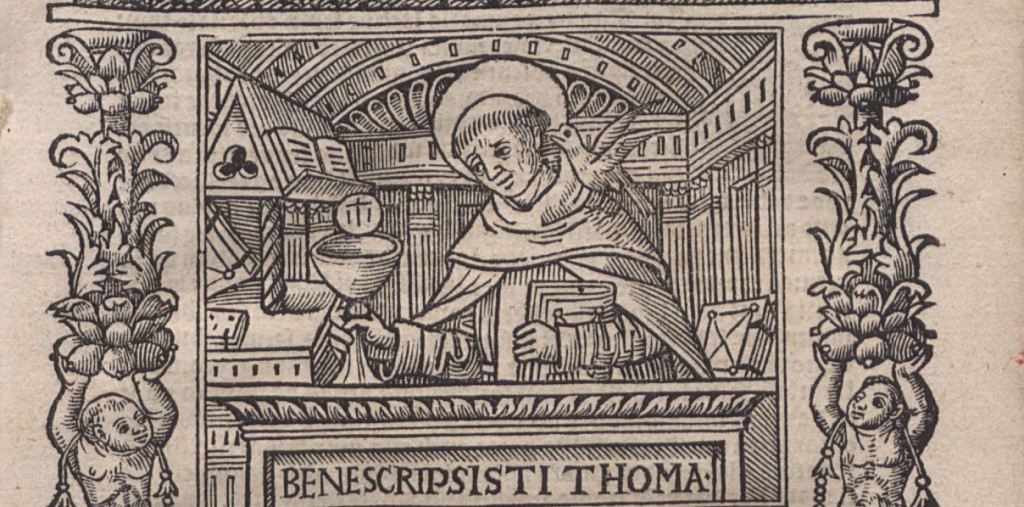Why penance? If I confess my sins and am properly contrite in heart, is that not enough to atone for my sins? Why penance, then? What additional good does penance, self-imposed or otherwise, do to the penitent if a change of heart and mind, metanoia, has already been achieved?

There is a personal answer to the question “why penance” as well as a general one.
Personal Penance
On a personal scale, the damage sin does is not undone by contrition, repentance, confession, even absolution. The sin itself may be forgiven, but the soul must still heal, as must the relationship of the sinner to God and his fellow man. In order to assist this healing process, penance is a powerful tool.
Penance for Sin in General
Aside from personal shortcomings, there is what one can call the ‘sin of the world’. Our world is far from ideal: The ideal state is summed up in the third petition of the Pater Noster: “Thy Will be done on earth as it is in heaven”. In order to contribute to Jesus’ great work of atonement in our own small way, we can align ourselves to His suffering through penitential practices.

Penitential Practices
So now that we know why penance is important, how can we do penance?
There are many ways in which we can do penance. Lent is a time when many people, young and old, abstain from things they usually do or consume, like participation in social media, drinking coffee, or eating sweets. In former times, both the weeks leading up to Christmas (Advent) and the weeks leading up to Easter (Lent) were penitential times, times of preparation for great events in the Christian year. Even at a Christian king’s court, feasting was out of the question in those times.
Other people spend more time in prayer, thus offering time they otherwise might have spent in amusements. They choose this penance in an attempt to attune their mind and soul to the will of God, and often also to avoid the temptations their former amusements contained.
Then there are the physical ‘inconveniences’ people offer to Christ for their own sins and the sins of the world: They take the discipline, wear celices or hair shirts, sleep little and in uncomfortable places, eat sparingly and simply, or hold vigils in honor of Christ and His saints.
Many people do penance by serving others: They feed the poor, cloth the naked, visit the prisoners, both literally and figuratively. Some serve humbly in their families, workplaces, churches, and schools. Others assist the widow and the orphan, the old and the sick, offering up time and resources in atonement for a world spun out of control.

The Daily Sacrifice
Ultimately, all penance is practice for the daily sacrifice every one must bring if he wishes to follow Jesus Christ: “Take up your cross and follow me.” With patience and humility, we give our suffering, self-imposed or otherwise, to Christ, and ask Him to turn it into atonement for our own sins as well as the sins of our community, our nation, the human race.















